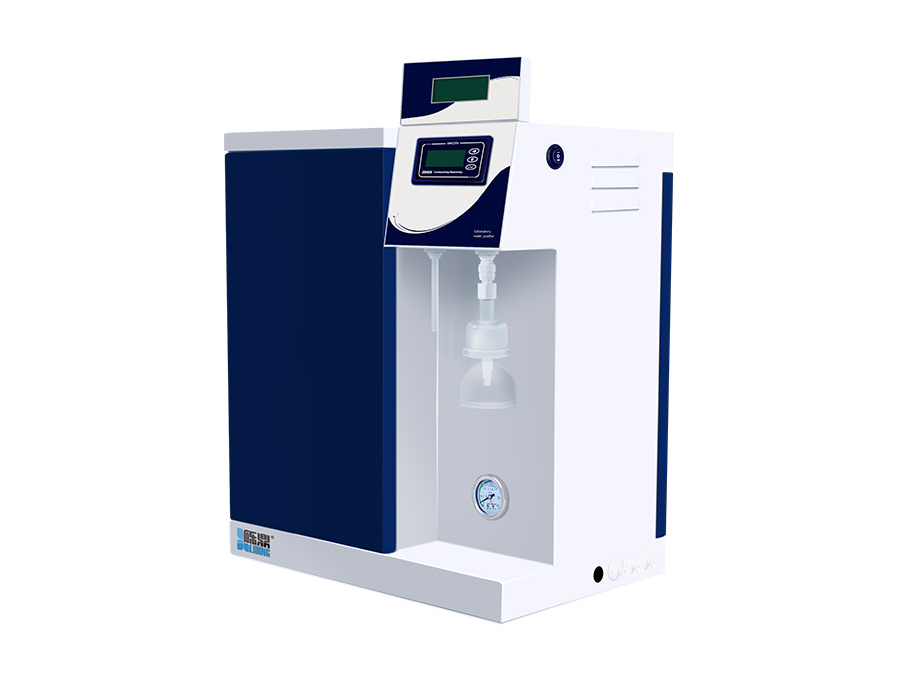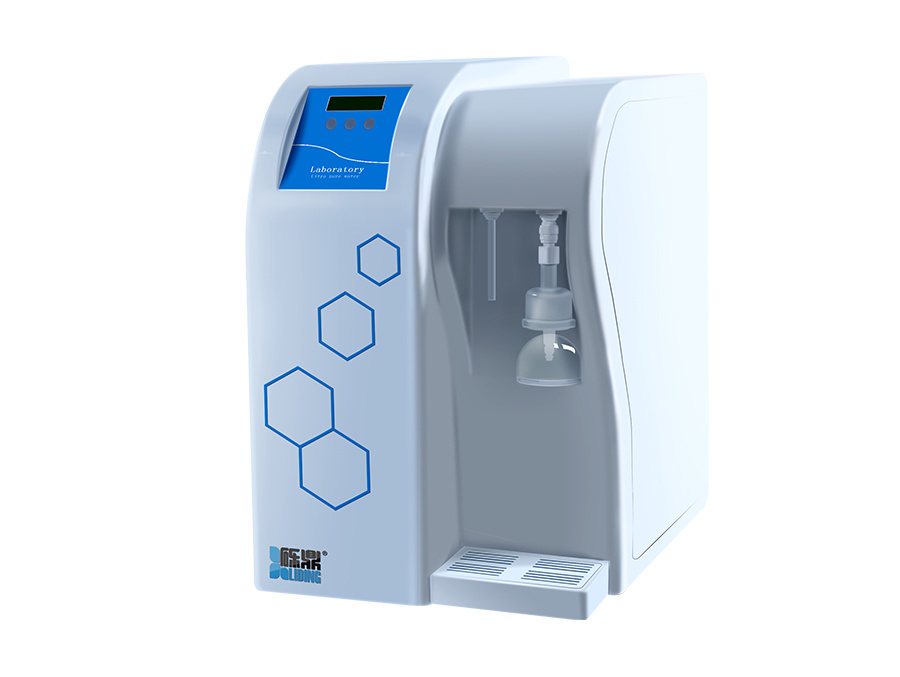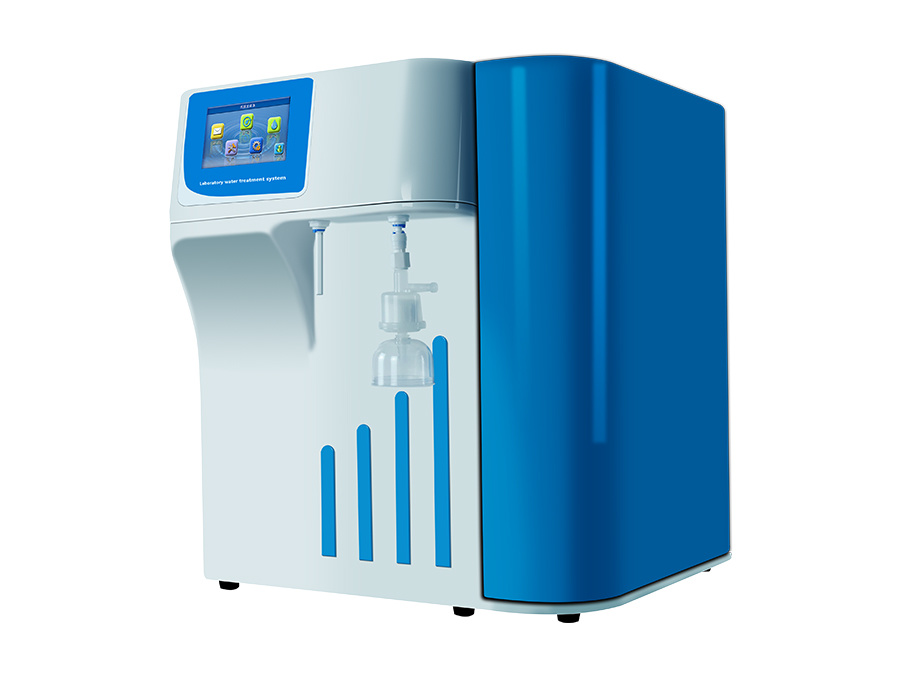Unlocking the Power of Ultra Pure Water Purifiers for Industrial Applications
Time:
Jul 02,2025
Ultra pure water purifiers are essential tools in various industrial applications, especially where high-quality water is critical for processes such as semiconductor manufacturing, pharmaceuticals, and power generation. These purifiers utilize advanced filtration and purification technologies to produce water of exceptional purity, often achieving levels of contaminants that are undetectable by standard testing methods.
The first step in understanding ultra pure water purifiers is recognizing the types of contaminants present in raw water sources. These can range from suspended solids and organic materials to dissolved ions and microorganisms. Traditional water treatment methods may not suffice to remove these impurities, particularly when the end product requires ultra-pure specifications. This is where ultra pure water purifiers come into play, employing sophisticated processes like reverse osmosis, deionization, and ultrafiltration to achieve the desired purity levels.
Reverse osmosis (RO) is a critical technology in ultra pure water purifiers. It involves forcing water through a semi-permeable membrane that effectively removes up to 99% of dissolved impurities, including salts and organic molecules. This initial stage of purification ensures that the water is stripped of most contaminants, preparing it for further refinement.
Following RO, the water often undergoes deionization, which eliminates remaining ionic impurities. This process typically employs mixed-bed ion exchange resins to ensure that both cations and anions are effectively removed. The result is water that is not only free of minerals but also has an extremely low conductivity level, an essential requirement for many industrial applications.
Additionally, ultra pure water purifiers may incorporate ultraviolet (UV) light treatment systems to address biological contaminants. This technology is particularly beneficial in applications where microbial control is crucial, such as in the pharmaceutical industry. By utilizing UV light, the system can effectively inactivate bacteria, viruses, and other pathogens, ensuring that the purified water meets health and safety standards.
In industrial settings, the efficiency of ultra pure water purifiers can significantly impact production processes. High-purity water is vital for maintaining the quality of products, reducing the risk of contamination, and ensuring compliance with regulatory standards. Industries such as semiconductor fabrication, where even the smallest impurity can lead to catastrophic failures, rely heavily on ultra pure water systems to safeguard their operations.
In conclusion, ultra pure water purifiers are indispensable in modern industrial processes, offering advanced solutions to meet the stringent purity requirements of today’s manufacturing and production environments. By integrating cutting-edge technologies, these systems not only enhance operational efficiency but also contribute to the sustainability and longevity of industrial practices. Exploring the capabilities and applications of ultra pure water purifiers can provide businesses with the necessary tools to thrive in an increasingly demanding market.
The first step in understanding ultra pure water purifiers is recognizing the types of contaminants present in raw water sources. These can range from suspended solids and organic materials to dissolved ions and microorganisms. Traditional water treatment methods may not suffice to remove these impurities, particularly when the end product requires ultra-pure specifications. This is where ultra pure water purifiers come into play, employing sophisticated processes like reverse osmosis, deionization, and ultrafiltration to achieve the desired purity levels.
Reverse osmosis (RO) is a critical technology in ultra pure water purifiers. It involves forcing water through a semi-permeable membrane that effectively removes up to 99% of dissolved impurities, including salts and organic molecules. This initial stage of purification ensures that the water is stripped of most contaminants, preparing it for further refinement.
Following RO, the water often undergoes deionization, which eliminates remaining ionic impurities. This process typically employs mixed-bed ion exchange resins to ensure that both cations and anions are effectively removed. The result is water that is not only free of minerals but also has an extremely low conductivity level, an essential requirement for many industrial applications.
Additionally, ultra pure water purifiers may incorporate ultraviolet (UV) light treatment systems to address biological contaminants. This technology is particularly beneficial in applications where microbial control is crucial, such as in the pharmaceutical industry. By utilizing UV light, the system can effectively inactivate bacteria, viruses, and other pathogens, ensuring that the purified water meets health and safety standards.
In industrial settings, the efficiency of ultra pure water purifiers can significantly impact production processes. High-purity water is vital for maintaining the quality of products, reducing the risk of contamination, and ensuring compliance with regulatory standards. Industries such as semiconductor fabrication, where even the smallest impurity can lead to catastrophic failures, rely heavily on ultra pure water systems to safeguard their operations.
In conclusion, ultra pure water purifiers are indispensable in modern industrial processes, offering advanced solutions to meet the stringent purity requirements of today’s manufacturing and production environments. By integrating cutting-edge technologies, these systems not only enhance operational efficiency but also contribute to the sustainability and longevity of industrial practices. Exploring the capabilities and applications of ultra pure water purifiers can provide businesses with the necessary tools to thrive in an increasingly demanding market.
RELATED NEWS








